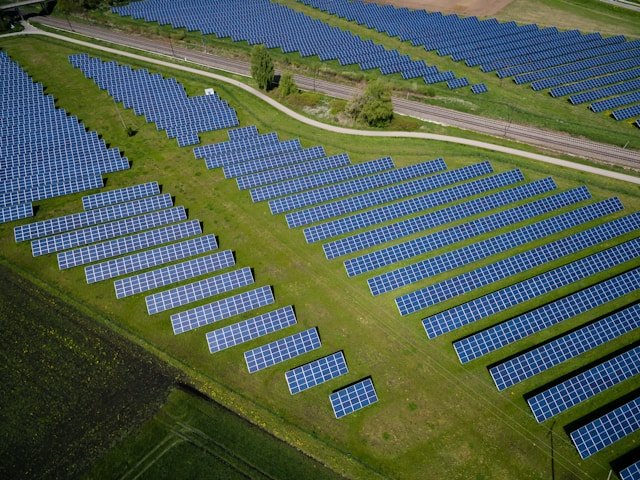Career Paths in Renewable Energy: Opportunities and Specializations
- Overview of Renewable Energy Sectors
- Specializations and Technical Skills
- Education and Training Requirements
- Job Search Strategies
- Career Advancement and Professional Development
Renewable energy is a rapidly growing field with diverse career opportunities in solar, wind, hydroelectric, biomass, and geothermal energy sectors. Here’s a comprehensive guide to understanding various career paths, specializations, and opportunities in renewable energy:
1. Overview of Renewable Energy Sectors:
- Solar Energy: Careers in solar energy involve designing, installing, and maintaining solar photovoltaic (PV) systems for residential, commercial, and industrial applications. Roles include solar engineers, project managers, system designers, and installation technicians.
- Wind Energy: Wind energy careers focus on designing, constructing, and managing wind farms and wind turbine installations. Opportunities exist in wind turbine manufacturing, wind farm development, operations and maintenance (O&M), and wind energy project management.
- Hydroelectric Power: Hydroelectric careers involve working with hydroelectric power plants, dams, and water resource management. Roles include hydroelectric engineers, environmental scientists, hydrologists, and dam safety inspectors.
- Biomass Energy: Biomass careers revolve around converting organic materials into biofuels, biogas, and renewable energy sources. Opportunities exist in biomass processing, bioenergy research, biomass plant operation, and biomass supply chain management.
- Geothermal Energy: Geothermal careers focus on harnessing heat energy from the Earth's subsurface for electricity generation and heating applications. Roles include geothermal engineers, geologists, reservoir engineers, and geothermal energy project developers.
2. Specializations and Technical Skills:
- Renewable Energy Engineering: Specialize in renewable energy engineering to design, develop, and optimize renewable energy systems. Gain skills in energy efficiency, system modeling, and renewable energy integration into the grid.
- Energy Storage: Focus on energy storage technologies such as batteries, pumped hydro storage, and thermal energy storage to support renewable energy integration, grid stability, and energy management systems.
- Energy Policy and Regulation: Specialize in renewable energy policy analysis, regulatory compliance, and advocacy to influence energy policies, incentives, and subsidies supporting renewable energy deployment.
- Project Development and Management: Develop expertise in renewable energy project management, including feasibility studies, financing, permitting, and stakeholder engagement for successful project implementation.
3. Education and Training Requirements:
- Degrees in Renewable Energy: Pursue undergraduate and graduate degrees in renewable energy engineering, environmental science, sustainable energy systems, or related fields. Acquire hands-on experience through internships, research projects, and industry collaborations.
- Certifications and Credentials: Obtain industry certifications such as Certified Renewable Energy Professional (CREP), LEED Green Associate, or Project Management Professional (PMP) with a focus on renewable energy projects. Certifications demonstrate expertise and enhance employability in the renewable energy sector.
4. Job Search Strategies:
- Utilize Renewable Energy Job Boards: Explore specialized job boards like EuroClimateJobs, RenewableEnergyWorld.com, and CleanEnergyJobs.com to search for job openings in renewable energy sectors. Customize your search based on location, specialization, and job title.
- Networking and Professional Associations: Join renewable energy associations, attend industry conferences, and participate in networking events to connect with professionals, explore career opportunities, and stay updated on industry trends.
- Company Research: Research renewable energy companies, utilities, government agencies, and consulting firms actively involved in renewable energy projects. Tailor your resume and cover letter to showcase your alignment with their renewable energy initiatives and career opportunities.
5. Career Advancement and Professional Development:
- Continuous Learning: Stay updated on renewable energy technologies, policy developments, and industry innovations through continuing education programs, workshops, and professional certifications.
- Leadership Opportunities: Seek leadership roles in renewable energy project management, research and development, policy advocacy, or energy consulting to drive innovation and contribute to sustainable energy solutions.
Conclusion:
Renewable energy offers diverse career paths, specialized roles, and opportunities for professionals passionate about addressing global energy challenges through sustainable solutions. By acquiring technical expertise, pursuing specialized education and certifications, leveraging job search strategies, and actively participating in professional networks, you can build a rewarding career in renewable energy.











